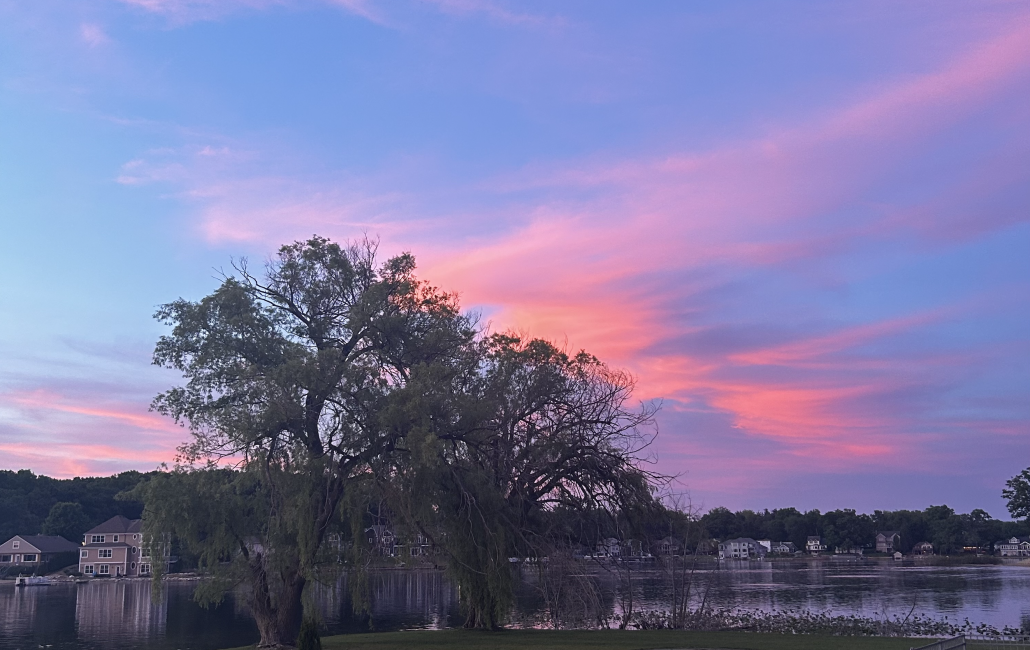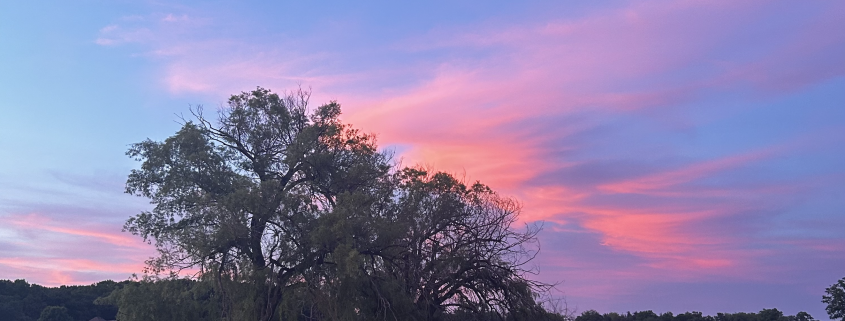I miss how the stars shine back home

During this past fall semester, I took an astronomy course as a fun way to fulfill one of my GE requirements. Although I can’t say that I got along with my professor or the course material, a topic that we skimmed over one class period has since stuck with me: light pollution.
The term is exactly what it sounds like — the phenomenon of artificial light sources becoming so bright and ubiquitous that they begin to pollute the natural darkness that nighttime brings. Light pollution is most often a concern in large cities, and it’s becoming worse globally with each passing year.
At the time I decided to take this astronomy course, I was a sophomore and had been living in Los Angeles for a year. And yet, for some reason, I had never taken the chance to really analyze the night sky that befell me every dusk. Since that fateful class discussion, however, I’ve realized how the nights have been stolen from Southern California, and I have never been able to forgive the L.A. skyline for its unrelentingly bright night-time horizon.
Being born and raised in the suburbs of southwest Michigan, I always took the darkness of night for granted. Nighttime started with cicadas and mayflies; lightning bugs winked at you as you stargazed. Maybe a frog croaked. Maybe a small bat flew by. Maybe an owl started calling out.
Wildlife thrives where there is darkness and space, two pieces of the environmental puzzle that urbanization has rendered impossible to salvage. It’s rather upsetting to see as someone who grew up with the experience of true nightfall.
Oftentimes, back home, even street lamps are scarce; a car’s brights come in handy. There are no skyscrapers or sirens to disrupt the tranquility and serenity that the stars bring. Neighbors gather around bonfires and toast s’mores while young children run around playing Sardines or Ghost in the Graveyard. The smell of mosquito repellant hangs in the air. Our artificial light sources were sparklers, lamps and occasional celebratory fireworks. Nighttime at home brought people together.
In great contrast, rather than a deep, dark black, the night sky of L.A. resembles more of a mucky gray color. Life runs under the assumption that there are stars present, but that they’re just hidden away. There’s no possibility of romanticizing a beautiful kiss under the night sky because city lights block out the alluring appeal of a natural cover. There are no cicadas, mayflies or owls. Even a night out on the beach is often set ablaze by the illumination from the cityscape behind it, with the waves catching glimpses of light and reflecting them back to the shoreline in woe.
In L.A., people don’t come together the way they do back home. Although the city nightlife leaves nothing to be desired between clubs and parties and rooftop dinners, it seems as if with the coming of the moon, the sense of community dissipates. I do realize that this is also because of security reasons, but even in gated communities, like student housing facilities, outdoor nighttime gatherings between small groups of friends or neighbors are rare.
After coming back to Michigan for likely the last summer before I graduate, I want to take my love of these moments back with me. The cover of night is meant for more than just parties. Although nights in L.A. don’t compare to those back home, I can still engage in the pastimes that come with the stars and moon.
I want everyone to try and spend at least one night a month with people close to them. Don’t go out, but don’t stay in, either. Southern Californian nights aren’t perfect by any means, but that poses the challenge to do the best we can with our environment and people around us.

